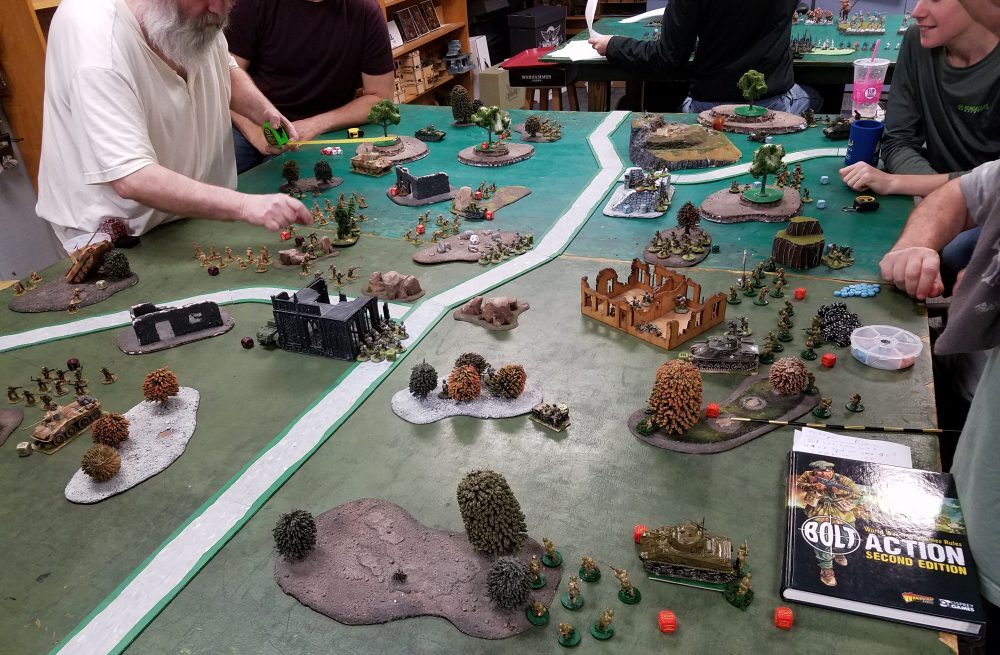A wargame developed for HR, reward practitioners and business leaders to test out alternatives to mass-scale redundancies, and options for restructuring their workforce will be judged on 3rd December with senior leaders meeting to discuss some of the hypothetical scenarios suggested to combat UK unemployment, which is expected to continue to rise at record levels between now the end of the government�s furlough scheme.
Participants in the wargame have to work through a highly realistic scenario to �cut people costs with no redundancies� in a global firm. Teams from Unilever, a global multinational consumer goods business and Endava, a NYSE listed agile devops firm with an HQ in London and a nearshore workforce, will play as the simulated company to generate comparative data.
Wargames can be used to explore tactical, operational and strategic issues across a business, and encourage players to devise an innovative strategy and then, try and make it work against an interactive, resistant environment. They must think creatively, identify emerging issues; test hypotheses; assess alternate options and highlight the potential consequences of choices, communicate, negotiate and persuade and deal with unexpected events and setbacks � in a simulated environment where it is safe to experiment.
To date, over a thousand people have played the free wargame, which can be downloaded here, and roughly 15% of these have been banks and financial firms. One of the research findings to date is that employees are more willing to share the burden to help, more so than management might have otherwise expected. Most employees would personally choose reduced hours and pay in order to help save their business from mass redundancies (a redundancy round that may or may not include them) if they were given the chance to input early on in the decision process.
A panel of senior, well-respected business leaders, including Andy Haldane, Chief Economist at the Bank of England, Constantina Tribou, Head of Global Reward at Unilever, Rebekah Martin, SVP Reward and Inclusion at AstraZeneca and David Goodhart formerly of The Financial Times and best-selling author of Head, Hand and Heart will be meeting to judge the one-day wargame on December 3rd.
Rebekah Martin, SVP Reward and Inclusion at AstraZeneca said: �Finding new ways to help combat unemployment will be critical to ensure people can maintain sustainable careers in a volatile and fast changing world. We hope the UK government, business leaders and employees themselves follow the wargame to expand their appreciation of new ways to manage costs and save jobs. In the real world there is often little time to experiment, but in a wargame I expect participants to use their imagination to be more creative and flexible.�
Reigning World Wargaming Champion, HRD mentor and CEO Coach, Peter Ryding, believes the Wargaming approach is a great way to solve such a pressing issue. Peter says:
�A lot of people are surprised that a coach to some of the UK�s top CEOs would have a hobby like Wargaming � to me it makes sense � there�s a lot of similar skills involved. Gaming and leading a business require strategy and planning skills, as well as the ability to analyse and correct any weaknesses in your game plan, so good business leaders tend to make excellent players! The beauty of this unique approach to solving business problems means you can encounter and resolve the challenges in theory before you deal with them in practice.�
The wargame was devised by Dr Susie Holdsworth, Visiting Researcher at Newcastle University and specialist designer of behavioural simulations, based on wargaming methodology, and Ken Charman, who previously ran simulations and corporate wargames as CEO of Simulsrat, a spinout start-up from the Dept of War Studies, King�s College London, to test business strategy in response to the Swine Flu epidemic in 2009.
Now as the CEO of Unilever enterprise tech spin-out, uFlexReward, a cutting edge tech platform that collates all costs to do with employees (salary, pension, bonus, shares etc) into one real-time platform, Ken recognised how crucial this data is in being able to look at early choices when it comes to workplace restructuring and testing the real and long-term impact of these decisions.
Charman said: �It is desperately worrying and frustrating to see the carnage of those who had secure jobs in strategic industries in March now facing redundancy because of the intense pressure to deliver short term cost savings. In many cases, redundancy is forced on organisations because they don�t have access to the complex data that would allow them to take a broad front strategy to cost-cutting in managing their people cost.�
�Extending furlough is a headline grabber but we need more substance, related to a new future for working practices and employee rewards if the government is to��save every job�. The wargame will provide a much-needed jolt to the Prime Minister and business leaders,� concluded Charman.
Image credit � https://littlewars.com/wp-content/uploads/2018/02/20180216_203421-e1550245093561.jpg, CC BY-SA 4.0, https://commons.wikimedia.org/w/index.php?curid=82361269




